Posts

Is the Croatian political scene going the way of Slovenia?
Opinion polls in Slovenia suggest the centre-right (or right…

The more things change: voters send a message in Croatia’s local elections
Despite leftward shifts in Croatia's two largest cities, the recent local elections again see left of centre parties looking to form a counterweight to the dominant position of the centre-right HDZ.
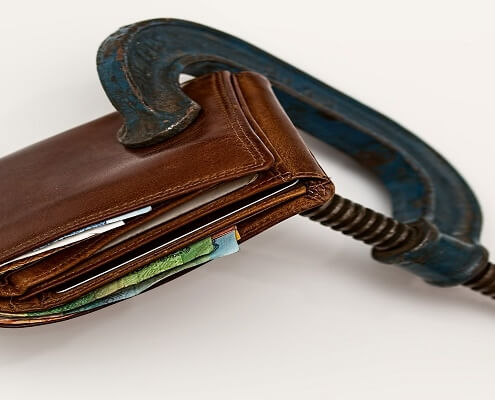
Even as fiscal deficits balloon, lowering tax rates makes sense
Lowering income tax rates makes sense even as budget deficit and public debt levels rise. Namely, compared to peers and neighbours, Croatia remains a high tax jurisdiction and lower rates may well stimulate revenue growth and improve the business environment
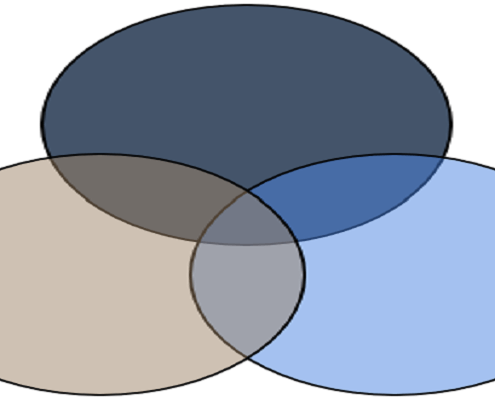
The reverse Venn diagram – a tale about political will in Croatia
The lack of political will is a factor in uneven reform implementation. But inability to focus on common issues as a society also narrows the scope for political will to be deployed.

Election outcomes demonstrate diversity of Southeast Europe
Recent elections in Croatia and Serbia once more demonstrated the diversity of Southeast Europe

Policy focus behind Croatia’s day of good news
The ECB's positive AQR for Croatian banks and Fitch reaffirming Croatia's investment grade rating with stable outlook underlines the importance of defining long term policy goals and implementing them.
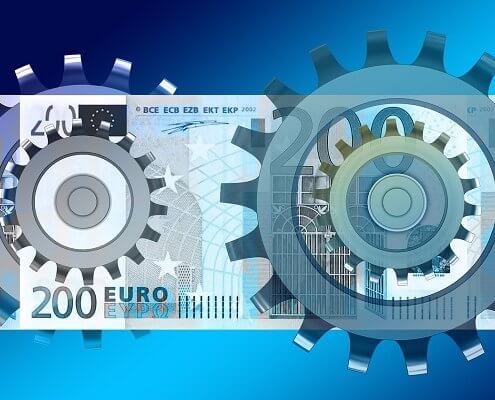
Joining the euro: the fear of inflation is overdone
Fear of inflation when joining the euro is an everpresent, yet overdone sentiment. Many other factors are in play in determining inflation outcomes but the advent of a new currency tends to mask them.
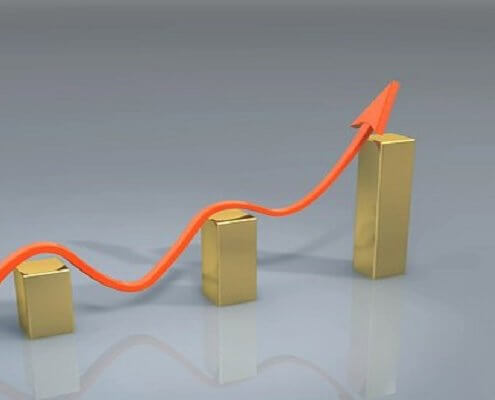
Croatia: Long term factors come into play as GDP growth accelerates
Participation in the EU's single market is driving the integration of local companies into European and global supply chains, gradually increasing absorption of EU is supporting investment, while the reduction in the country's risk profile has seen a return to investment grade status, thus lowering funding costs for the economy. These are all structural, as opposed to cyclical, reasons for optimism Croatia's growth potential.

Croatia and Slovenia: Two natural allies
As neighbouring countries with shared histories, Croatia and Slovenia have much in common. Accession to the EU has deepened these links, which Brexit is likely to strengthen.
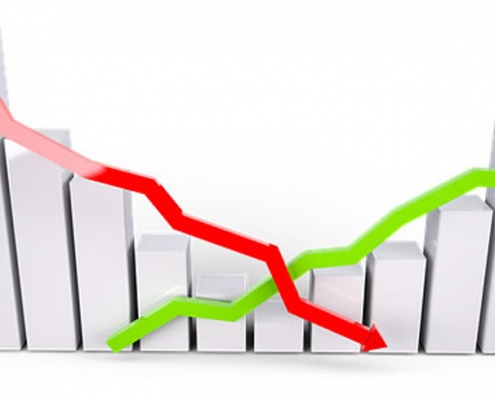
How prepared is South East Europe for the next downturn?
The financial crisis of 2008/09 left a large scar on the region. With global economic conditions worsening, how prepared is South East Europe for the next downturn?
